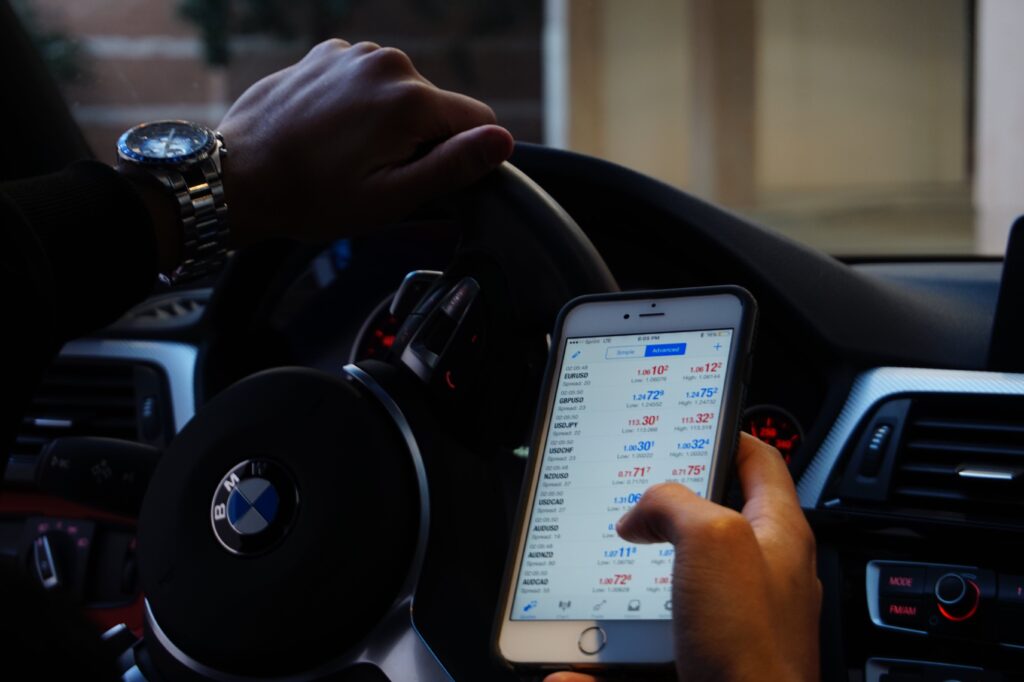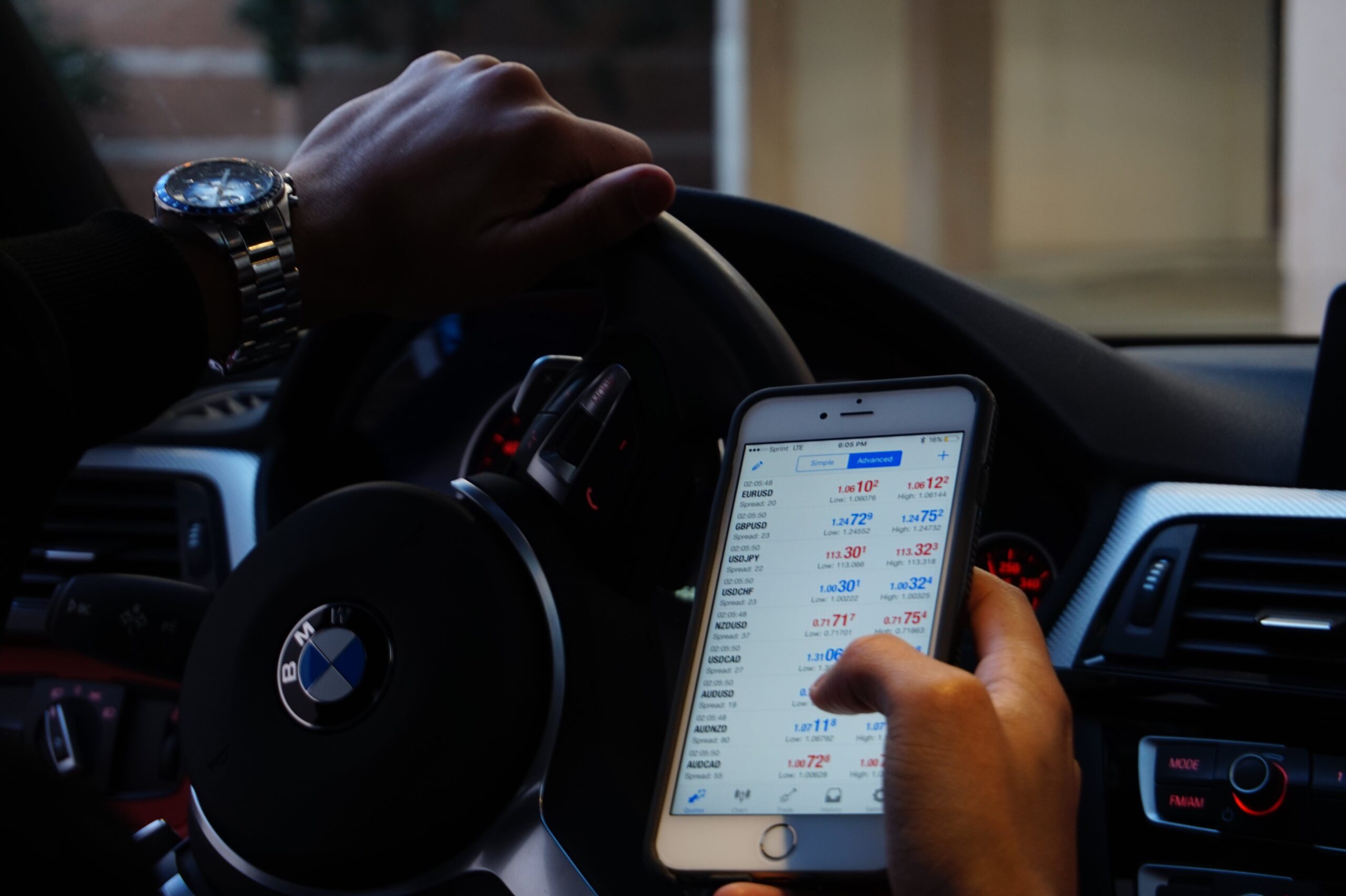Advertisements

Introduction:
Forex trading, also known as foreign exchange trading or FX trading, is the global marketplace for buying and selling currencies. It is one of the most accessible and dynamic financial markets, attracting traders from all around the world. If you’re intrigued by the idea of participating in the foreign exchange market, this guide will walk you through the essential steps to start forex trading.
- Educate Yourself: Before diving into the world of forex trading, it’s crucial to gain a solid understanding of the market. Learn about the basics of forex, including currency pairs, pips, leverage, and the factors influencing exchange rates. Numerous online resources, courses, and books are available to help you build a strong foundation.
- Choose a Reliable Broker: Selecting a reputable forex broker is a critical decision. Look for brokers that are regulated by financial authorities, have a user-friendly trading platform, and offer competitive spreads. Make sure to read reviews and consider the broker’s customer support and educational resources.
- Create a Trading Plan: A well-thought-out trading plan is essential for success in forex trading. Define your risk tolerance, financial goals, and trading strategy. Decide on the amount of capital you are willing to invest and set realistic profit targets. A trading plan helps you stay disciplined and avoid emotional decision-making.
- Practice with a Demo Account: Most brokers offer demo accounts that allow you to practice trading with virtual money. This is an invaluable tool for beginners to familiarize themselves with the trading platform, test strategies, and gain confidence without risking real capital. Use the demo account until you feel comfortable transitioning to live trading.
- Understand Risk Management:Risk management is a fundamental aspect of forex trading. Never risk more than you can afford to lose on a single trade. Use stop-loss orders to limit potential losses, and diversify your trades to spread risk. Understanding risk management is crucial for long-term success in the forex market.
- Stay Informed:Stay updated on market news, economic indicators, and geopolitical events that can impact currency prices. Develop a routine for staying informed about global economic trends. Many successful traders use a combination of technical and fundamental analysis to make informed trading decisions.
- Start Small and Scale Up:Begin with a small investment and gradually increase your exposure as you gain experience and confidence. It’s important not to be overly ambitious at the beginning. Focus on learning and refining your strategy before committing more significant amounts of capital.
- Keep Emotions in Check:Emotional discipline is crucial in forex trading. It’s easy to get carried away by fear and greed. Stick to your trading plan, avoid impulsive decisions, and don’t let emotions dictate your actions. Successful traders are often those who can maintain a calm and rational mindset.
Conclusion:
Starting forex trading can be an exciting venture, but it requires dedication, education, and a disciplined approach. By following these steps and continuously learning from your experiences, you can navigate the complexities of the forex market and work towards becoming a successful trader. Remember, patience and persistence are key in mastering the art of forex trading.
Advertisements
Advertisements
